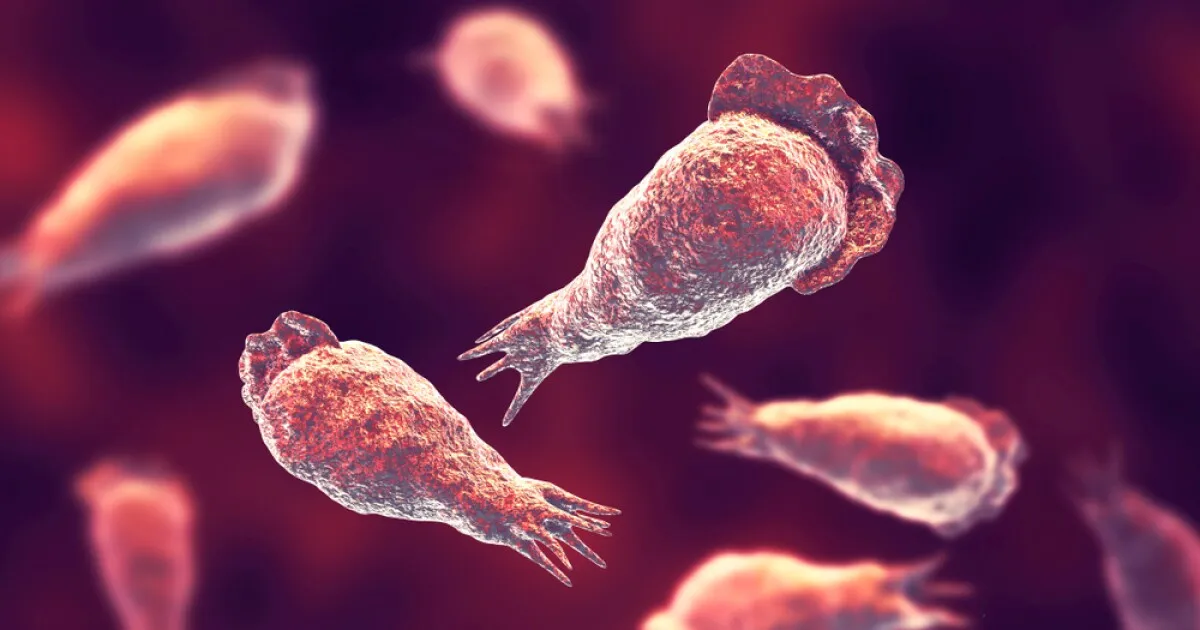
In a tragic incident that has raised concerns about water safety, federal health officials reported that a Texas woman succumbed to an infection caused by a brain-eating amoeba. This rare but lethal organism, scientifically known as Naegleria fowleri, is typically contracted through contaminated water. In this case, the woman reportedly used tap water to rinse her sinuses, which led to her fatal infection.
While the precise source of the infection remains unidentified, the Centers for Disease Control and Prevention (CDC) indicated that it likely originated from unboiled water used by the woman at an RV campground. According to the CDC's Morbidity and Mortality Weekly Report, the woman was in good health prior to the infection, highlighting the unpredictability and severity of infections caused by the brain-eating amoeba.
The brain-eating amoeba is known to be associated with recreational water activities, particularly in warm freshwater environments. Although infections are rare, they are almost always fatal once contracted. This incident underscores the importance of understanding how the amoeba can enter the body, primarily through the nose during activities such as swimming or nasal irrigation.
To safeguard against potential infections, the CDC recommends several precautionary measures when using water that may harbor this dangerous amoeba. When it comes to rinsing the sinuses, individuals should only utilize distilled or properly boiled tap water to minimize exposure to potential contaminants. These steps are crucial to preventing infection and ensuring overall health.
For those engaging in recreational activities in freshwater settings, the CDC advises several safety precautions. These include holding your nose or wearing a nose clip when jumping or diving into the water, keeping your head above water when in hot springs, and avoiding digging in shallow water where the amoeba is more likely to thrive. By adhering to these guidelines, individuals can significantly reduce their risk of encountering the brain-eating amoeba.
This tragic case serves as a reminder of the potential dangers associated with untreated water and the importance of following health guidelines to protect oneself from rare but serious infections.